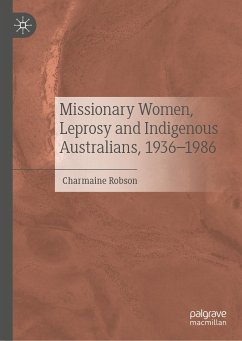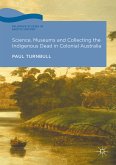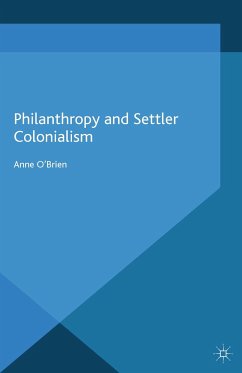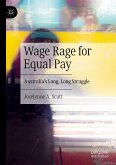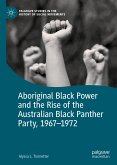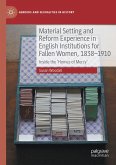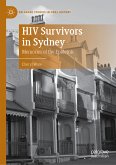"In this clear-sighted, sensitive and deeply researched book, Charmaine Robson provides a compelling account of Indigenous leprosy sufferers and the women missionaries who cared for them in mid-twentieth century Australia. She sheds new light on the politics of public health, the spirituality of care and the different ways in which Indigenous patients made their own lives in sites of incarceration and suffering."
- Anne O'Brien, Professor of History, University of New South Wales, Australia
This book focuses on twentieth-century Australian leprosaria to explore the lives of Indigenous patients and the Catholic women missionaries who nursed them. Distinguished from previous historical studies of leprosy, the book examines the care and management of the incarcerated, enabling a broader understanding of their experience. From the 1930s until the 1980s, respective governments appointed the trained sisters to four leprosaria across remote northern Australia, where almost two thousand people had been removed from their homes and detained under law for years - sometimes decades. The book traces the sisters' holistic nursing from early efforts of amelioration and palliation to their part in the successful treatment of leprosy after World War II. It reveals the ways the sisters stepped out of their assigned roles and attempted to shape the institutions as places of health and hygiene, of European culture and education, and of Christianity. Making use of accounts from patients, doctors, bureaucrats, missionary men, and Indigenous families and communities, the book offers fresh perspectives on two important strands of history. First, its attention to the day-to-day work of the Australian sisters helps to demystify leprosy healthcare by female missionaries, generally. Secondly, with the sisters specifically caring for Indigenous people, this book exposes the institutional practices and goals specific to race relations of both the Australian government and Catholic missionaries. An important and timely read for anyone interested in Indigenous history, medical history and the connections between race, religion and healthcare, this book contextualizes the twentieth-century leprosy epidemic within Australia's broader colonial history.
Charmaine Robson lectures in history at the University of New South Wales, Sydney, Australia, and previously worked as a pharmacist. She has been an Executive member and Councillor of the Australian and New Zealand Society of the History of Medicine (ANZSHM) since 2015, and President of the New South Wales Branch since 2020.
Dieser Download kann aus rechtlichen Gründen nur mit Rechnungsadresse in A, B, BG, CY, CZ, D, DK, EW, E, FIN, F, GR, HR, H, IRL, I, LT, L, LR, M, NL, PL, P, R, S, SLO, SK ausgeliefert werden.
"This important, sensitively written and deeply researched study should be read by all Australians. ... This book is based on a PhD dissertation from the University of New South Wales. ... I strongly recommend this to all students of Australian history, Australian medical history, the history of Indigenous people in northern Australia, and anyone fascinated by the stories of some remarkable, brave and resilient people." (Hilary Carey, Journal of the Australian Catholic Historical Society, Vol. 44, 2023)
"Robson ... confidently addresses the harm, anger, and intergenerational trauma as well as honest accounts of the beneficial treatment given, the positive relationships formed, and the art created during this period. Robson offers an encyclopaedic investigation into life in 20th century leprosaria, tactfully giving voice to both staff and patients. ... The book could be seen as a celebration of the work of Catholic missionaries ... ." (Jonathan Blott, The Lancet Infectious Diseases, January 5, 2023)

